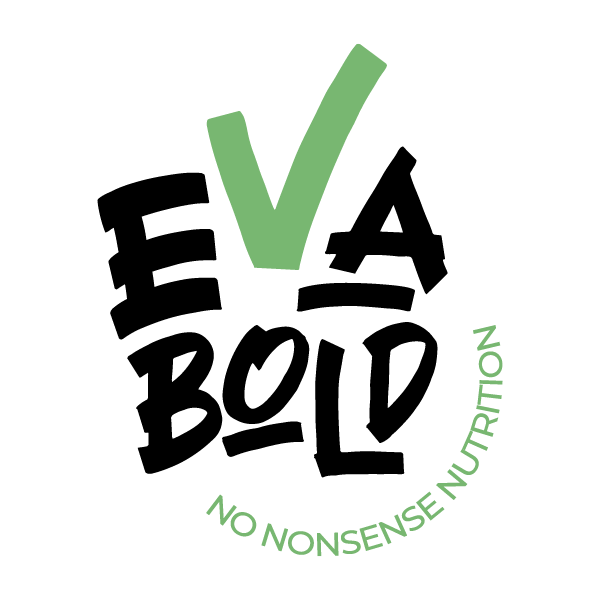Top 5 Tips for a Plant-based Keto Diet

How to achieve ketosis without eating animal products
There has been a huge rise in the number of people shifting to a plant-based, vegan diet in recent years, but it’s not necessarily the easiest diet to adapt to keto since a ketogenic diet is low in carbs, high in fat and moderate in protein.
Followers of a traditional keto diet tend to rely on high-fat animal products to help kick-start ketosis, which just isn’t possible for vegans.
With that in mind, here are five top tips to help you get the most out of a plant-based keto diet.
#1 Vegan protein options that are keto friendly
To ensure moderate protein intake on a keto diet, vegans need to find a way to keep their macronutrients in check through clean ingredients like tofu and tempeh.
Alternatively, there are many plant-based meat products in supermarkets, but they aren’t always suitable for a keto diet. Pick a tofu-based meat alternative as opposed to seitan or other wheat/gluten-based products.
#2 High fat plant-based products
Followers of a plant-based, keto diet typically get the high-fat levels needed for ketosis from heart-healthy oils, nuts, seeds and avocados.
In addition to this, full-fat plant milks, coconut yoghurts, butter, and nut/oil-based cheeses are also great for vegan keto followers.
Fat levels can be topped up throughout the day by snacking on nuts, seeds, and fresh or dried coconut. Yum!
#3 Non starchy veggies that are good-to-go
Below is a list of veggies that are perfect for a vegan keto diet, but any vegetable that can be eaten raw or in a salad is typically non-starchy and therefore low-carb.
Spinach, lettuce and other salad leaves
Cabbage, kale and other leafy greens
Broccoli and cauliflower
Cucumber
Courgettes
Peppers
Carrots
Mushrooms
Small amounts of berries can also be consumed, as well as seaweed like nori and kelp which are not only keto-friendly, but rich in nutrients.
#4 How to top-up your nutrient intake
It is quite common for vegans to have lower levels of certain vitamins and minerals, but given that a vegan keto diet is even more restrictive it is vital that these levels are topped up.
Taking all-natural supplements can help boost vitamins B12, D and K2, as well as zinc, iron and calcium. Whilst eating foods fortified through fermenting and sprouting is another way to enhance nutrient intake on a vegan keto diet.
Of couse, it’s always recommended to get all the nutrients you need directly from the source, wherever possible, so don’t rely on supplements.
#5 Limit carb intake, but don't cut them out altogether
It can be very difficult for vegans to avoid carbohydrates altogether, especially ones that they rely on such as whole grains.
Vegan keto dieters should be getting all their calories from unprocessed foods, which can make avoiding natural carbs difficult so it’s recommended that rather than cutting out carbs altogether they are deprioritised.
For example, a couple of small servings of fruit each day are allowed and won’t negatively impact ketosis.
And there we have it, the Eva Bold team’s top tips for adopting a vegan keto diet. We’d love to hear from you if you’re a plant-based keto-er, so please share your own tips in the comment section below.




